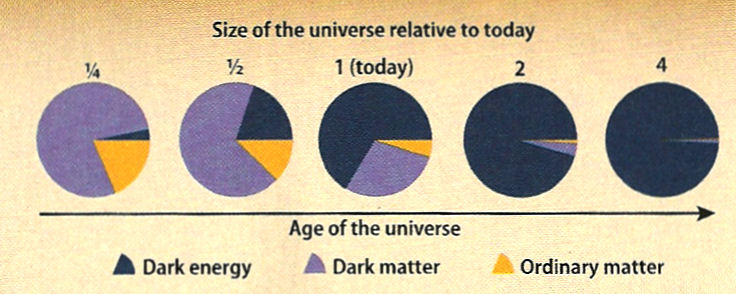I would like to know if there is an agreed upon explanation within the field of physics as to why more dark energy than normal energy was created during the creation of the Universe.
More is unknown than is known. We know how much dark energy there is because we know how it affects the universe's expansion. Other than that, it is a complete mystery. But it is an important mystery. It turns out that roughly 68% of the universe is dark energy. Dark matter makes up about 27%. The rest - everything on Earth, everything ever observed with all of our instruments, all normal matter - adds up to less than 5% of the universe. Come to think of it, maybe it shouldn't be called "normal" matter at all, since it is such a small fraction of the universe. From Dark Energy, Dark Matter.
I've learned that an equal amount of matter and antimatter was created during the early stages of the creation of the Universe and that more matter than antimatter was left after they interacted with one another and this is why we live in a 'matter' Universe instead of an 'antimatter' Universe.
So, this leads me to ask if an equal amount of matter and antimatter was created during the creation of the Universe, why wasn't an equal amount of normal energy and dark energy created during the early stages of the creation of the Universe?

